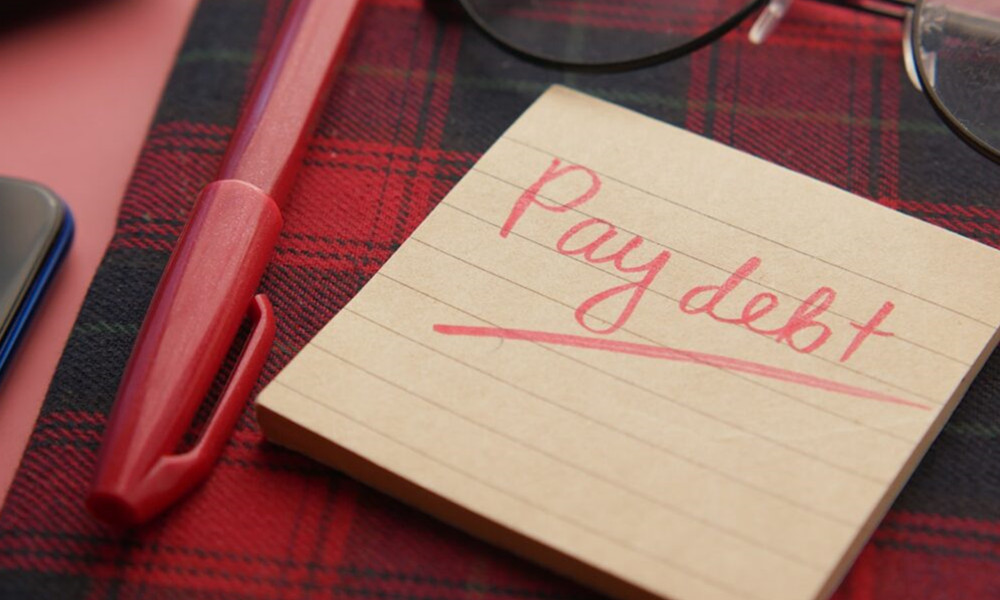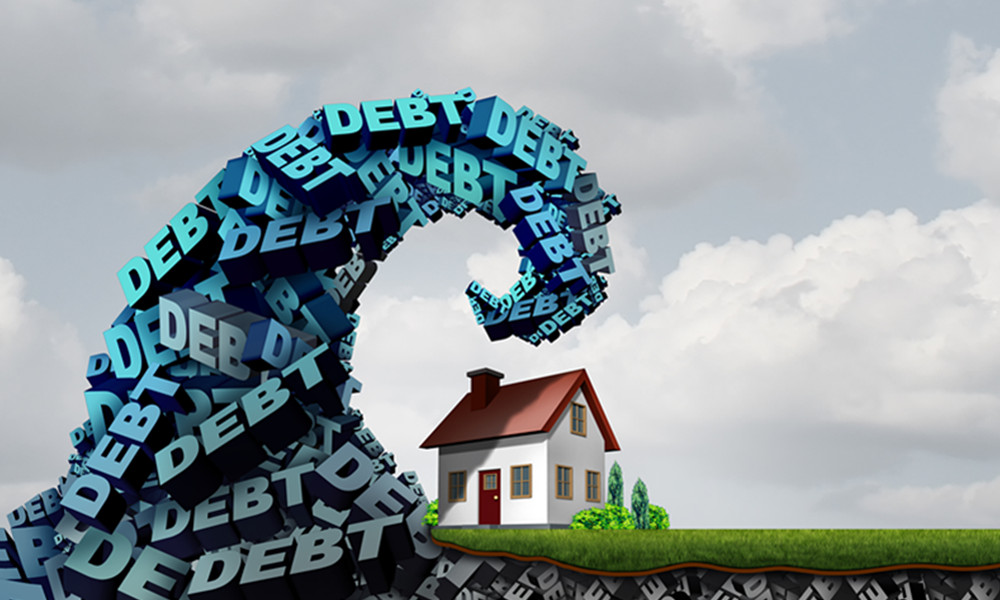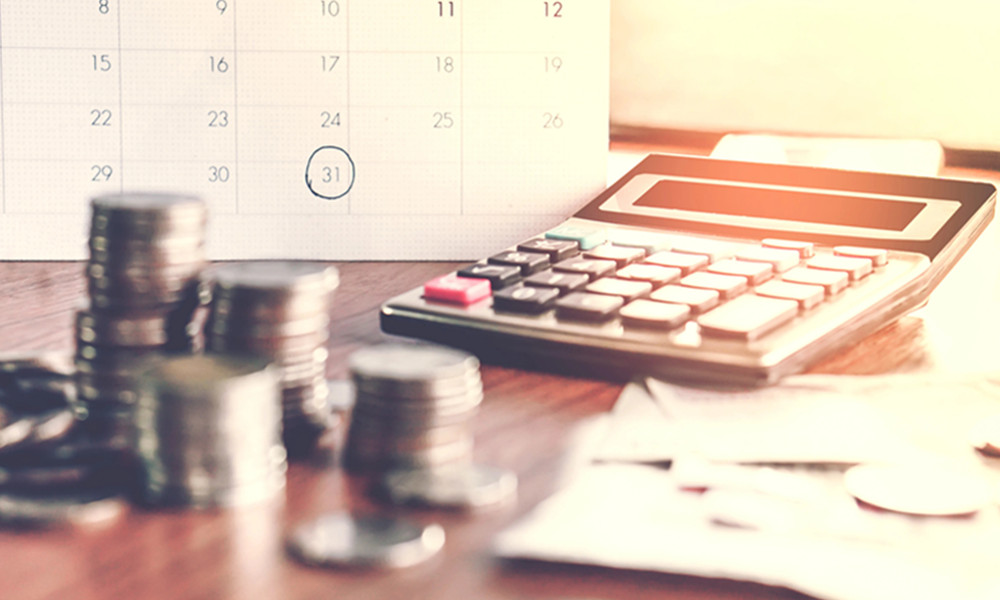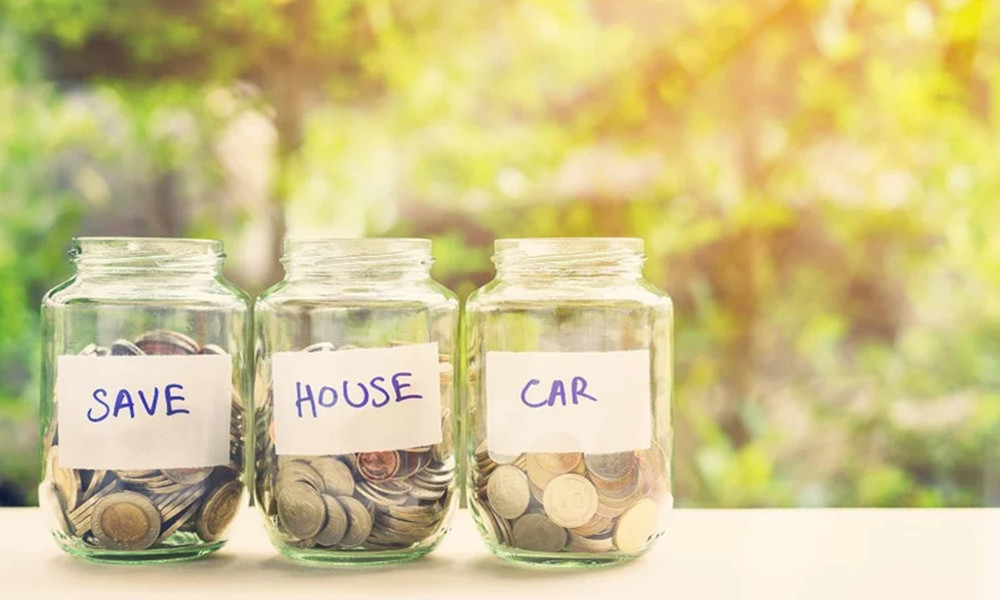The first step is to admit that you have a debt problem and take action to resolve it. Create a realistic budget that includes monthly debt repayment costs. This will help you get back on track financially and reduce debt-related anxiety. It’s also important to prioritize which debts need to be paid off first the debt with the highest interest rate should usually be paid off first, as well as any necessary expenses such as food or rent.
You should also consider how to cut unnecessary expenses to free up extra money to pay off debt faster. This could mean reducing your lifestyle expenses, such as eating out or shopping less frequently, or cutting recurring expenses, such as subscription fees and cable TV bills. If possible, find ways to supplement your income by taking on extra work or selling items you no longer need online or at yard sales.

Another key step is to seek support from people who understand what you are going through. Whether it’s friends, family, a financial professional, or an advisor who specializes in helping people better manage their finances, having others by your side can provide an emotional boost when things seem overwhelming.
Finally, don’t let yourself get discouraged if progress is slow at first; after a period of financial hardship, getting out of debt and building savings again will take time, but it’s not impossible! Focus on the end goal of getting out of crippling debt and persevere until all of your accounts are finally paid off!





